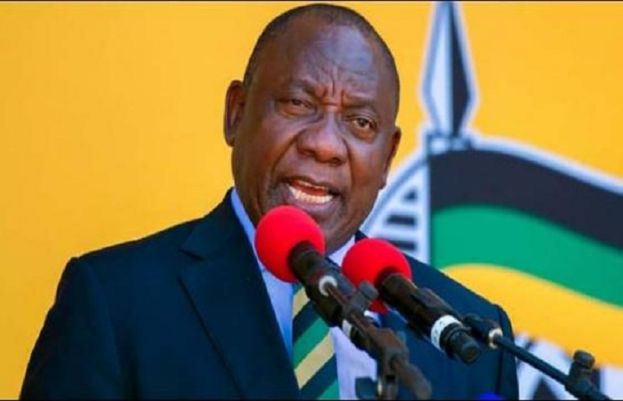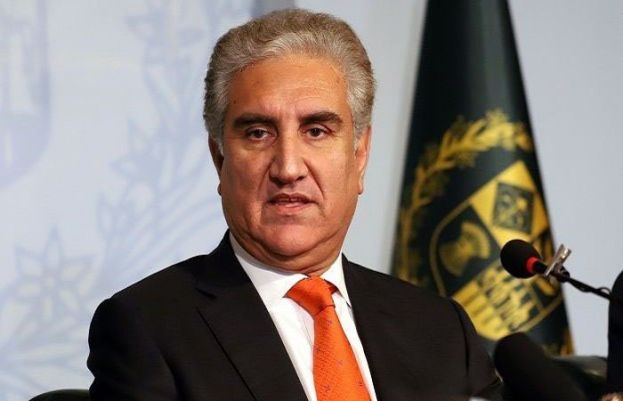
Dozens of nations from Europe to Asia have blacklisted South Africa and its neighbours since South African scientists flagged Omicron on November 25.
The flight bans have angered several African leaders.
"We call upon all those countries that have imposed travel bans on our country and our southern African sister countries to immediately and urgently reverse their decisions," Ramaphosa said in his first address to the nation following last week's detection of the new variant.
The World Health Organisation has labelled Omicron a variant of concern, while scientists are still assessing its virulence.
A "deeply disappointed" Ramaphosa argued that the ban was "not informed by science".
The countries that have already imposed travel restrictions on southern Africa include key travel hub Qatar, the United States, Britain, Saudi Arabia, Kuwait and the Netherlands.
'Afrophobia'
Earlier Sunday, Malawian President Lazarus Chakwera accused Western countries of "Afrophobia" for shutting their borders.
And in Botswana, the other southern African country to detect the strain — among a group of foreign diplomatic visitors in the first instance — two ministers cautioned against "geo-politicising this virus".
"We are concerned that there seem to have been attempts to stigmatise the country where it was detected," Health Minister Edwin Dikoloti, said on Sunday.
The head of the WHO in Africa was equally worried.
"With the Omicron variant now detected in several regions of the world, putting in place travel bans that target Africa attacks global solidarity," said WHO regional director general Matshidiso Moeti in a statement.
Ramaphosa warned that the travel ban would "further damage the economies (and) undermine their ability to respond to and recover from the pandemic".
South Africa, the continent's most industrialised country, is struggling with slow economic growth and a more than 34% unemployment rate.
The travel curbs are another major blow to its key tourism industry, which had set high hopes on the upcoming southern hemisphere summer.
Ramaphosa blasted the G20 countries for abandoning commitments made at a meeting in Rome last month to support the recovery of the tourism sector in developing countries.
On Sunday, he added: "Instead of prohibiting travel, the rich countries of the world need to support the efforts of developing economies to access and manufacture enough vaccine doses for their people without delay.
Ramaphosa called on rich countries to stop fuelling vaccine inequality, describing jabs as the "most powerful tool" to limit Omicron's transmission.
He once again appealed to South Africans to get their shots and said the government was considering making vaccines mandatory for certain activities and locations in a bid to increase uptake.
"Vaccines do work," he said. "Vaccines are saving lives."
Just over 35%of adults in South Africa have been fully inoculated after a slow start to the vaccine campaign, with vaccine hesitancy widespread.
The country is Africa's worst hit by COVID, with around 2.9 million cases and 89,797 deaths reported to date.
Omicron is believed to be fuelling a rise in infections, with 1,600 new cases recorded on average in the past seven days compared to 500 the previous week.
from latest-news - SUCH TV https://ift.tt/3d1SlNH

No comments:
Post a Comment